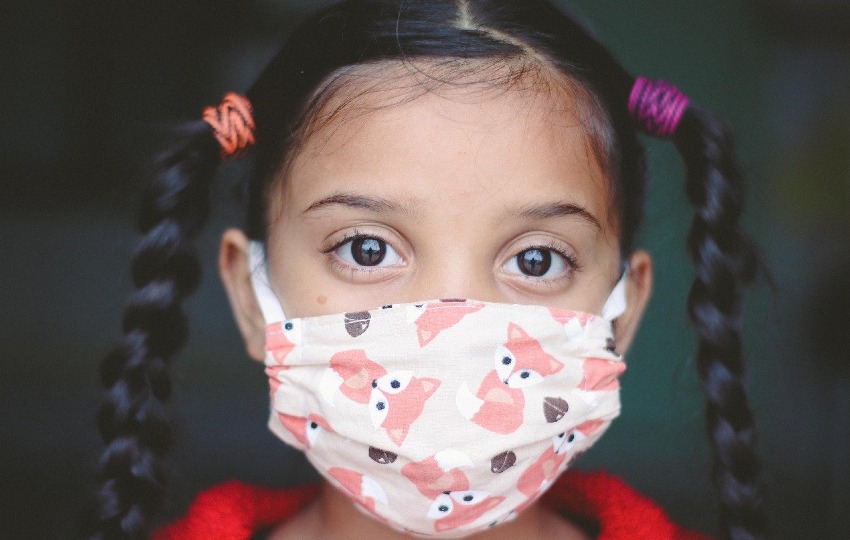The COVID-19 era has undoubtedly changed our lives. It comes as no surprise that humanity is in front of historical moments. The whole planet is currently in quarantine. Restrictions in transportation, remote working, the massive closure of entertainment, and the forbidden gatherings seem normal due to the current circumstances.
Unemployment and financial difficulties combined with the widespread fear for our health appear as common issues for all of us. However, some people face tremendous difficulties: Roma people. The obstacles they are dealing with in this period are not compared with anything before.
Healthcare
In most cases, the settlements where they live are unsuitable for ensuring their good health condition. There are serious concerns about that since most of them do not hold health insurance. The lack of insurance combined with crowded hospitals will make it hard for them to receive any care.
Education
Children cannot attend school lessons since computers and internet connection do not exist. Wherever there is the internet, they lack digital literacy to connect to Moodle and other platforms for distant learning.
Work and Transportation
Due to the restrictions applied in transportations, they cannot go to their jobs since most are without a contract. Otherwise, they are in danger of paying fines for aimless commutes.
In some countries, Roma people are in local lockdowns, and they cannot work for this reason. As a result, they are suffering from poverty.
Besides, baseless assumptions generated from racism accuse Roma of the spread of the virus. As a result of this prejudice, they become stigmatized and marginalized from society for one more time.
Apparently, multiple issues should be addressed as soon as possible as citizens of Europe. Still, foremost as human beings, it is crucial to contribute with any possible way to relieve Roma’s needs and facilitate their lives. This could be achieved by collecting essential items and food, providing them to their settlements, or voluntarily taking care of Roma.

